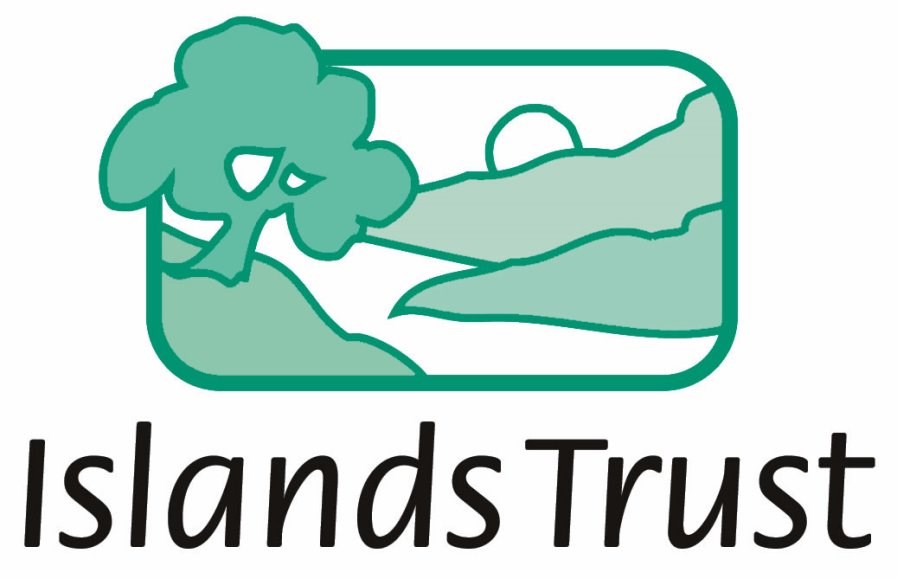The Islands Trust budget was approved by trustees at the organization’s quarterly meeting in Nanaimo earlier this month.
The $9.1 million final total will carry Islands Trust through the next year. $768,500 will come through grants, a new record for the organization.
Bowen will be contributing $323,769, up $12,581 or four per cent from last year. Three-quarters of this will come from taxpayers, with the other quarter via taxes on new development and construction on the island.
Bowen’s municipal levy has risen nearly six figures in the past nine years, from a 2013/14 total of $225,614. The budget that year was $6.9 million.
Islands Trust says Bowen “contributes to regional programs and Conservancy costs (not land use planning) based on their proportional share of Trust Area property values. Bowen Island taxpayers contribute to regional programs and Conservancy costs to almost the same extent as other island taxpayers.”
Bowen-focused areas of the budget include a groundwater sustainability science program, with specific attention to mapping recharge potential. Another mapping project, for heritage preservation, is also planned.
A further emphasis will be the development of an affordable housing model bylaw for consideration by the municipality.
Islands Trust trustee Michael Kaile, who was largely skeptical of the original draft budget, says conversations he had at the quarterly meeting brought him on board.
“We couldn’t have done this if we were all on Zoom,” said Kaile, explaining trustees and staff conversed together into the night before returning with a proposal acceptable to nearly everybody the next day.
“If you’re dealing with very difficult and complex situations, it’s a darn sight better to do it in person than it is remotely,” said Kaile.
Budget survey used to air Islands Trust grievances
Survey results conducted during the budget process though paint a largely dissatisfied local picture among respondents. 56 of 59 comments specifically mentioning Bowen Island expressed a negative viewpoint of Islands Trust, ranging from it being a financial drain, to claims of mandate and bureaucratic overreach, to calling for an expulsion of the organization altogether.
A sampling of people’s thoughts:
“Bowen Island costs should be significantly reduced - no need for same level of support/services as other islands that are not supported by a municipality.”
“The expenses are too high, especially for Bowen Island, which does not need another local government competing with the Bowen Island Municipality government.”
“The Islands Trust serves no purpose for the Bowen Island Community. They are a redundant legacy that constitutes a cash drain to the residents of Bowen with no benefit.”
“I was of the view that the Islands Trust initially provided a useful function for Bowen Island, but no longer does as Bowen Island is now a municipality. BIM is the only municipality in the Islands Trust and it provides the same functions as the Islands Trust. Over the past 4 years, Bowen Island has provided tax revenues of $1,283,000 to the Islands Trust. These monies could have been more usefully used by BIM to fund other programmes including water, affordable housing, etc. Bowen Island is presently governed by 4 levels of government: the Province, The Islands Trust, Metro Vancouver and BIM. This is an unnecessary and wasteful use of public monies, and the Islands Trust is the worst example of this.”
“Bowen needs water, sewer, building permits, road repairs - not the Islands Trust.”
“Bowen Island municipality urgently needs to preserve funding for our own local priorities. Islands Trust is a drain on our finances for programs of highly questionable value.”
“No presence on Bowen Island except when it’s time to collect tax dollars. Have lived here 30 years and can’t think of any pro-active policy or program that has been implemented.”
“Please understand that Bowen Island has its own governance structure and does not need another over reaching, expensive with no benefits government body. Please leave our island as you are neither needed or wanted.”
“We believe a question should be asked every year if Bowen Island should continue to be a member. Bowen is experiencing major cost increases dealing with infrastructure and every $320,000 counts.”
And it appears Bowen is not alone in questioning the role of the organization, and certainly how much money it costs to be part of it. Of the 1,107 people from all islands who answered “What budget principles do you support?” nearly half, 543 (49%) said services should be reduced. The next highest answer was to maintain services at the current rate, with 220 votes (20%).
Decreased funding was the highest answer to other general budget questions such as regional programs and services (58%), Islands Trust conservancy (47%). Again both were followed by maintain current spending.
Out of 10 specific categories Islands Trust is involved in, the only one voters said should receive more attention was addressing housing equity and workforce housing shortages.
Salt Spring Islands residents seemed especially opposed to new Islands Trust costs. 182 of 238 (77%) said they oppose a special property tax requisition to fund coordination initiatives to preserve and protect freshwater, while 152 of 239 (52%) said a $75,000 charge is too much to develop a strategy to protect watersheds and preserve drinking water. The next highest answer was 38 (16%) who didn’t know.
And while not applicable to Bowen Island, 522 of 993 (53%) of people said they support decreased funding for local land planning services in the Islands Trust region.



